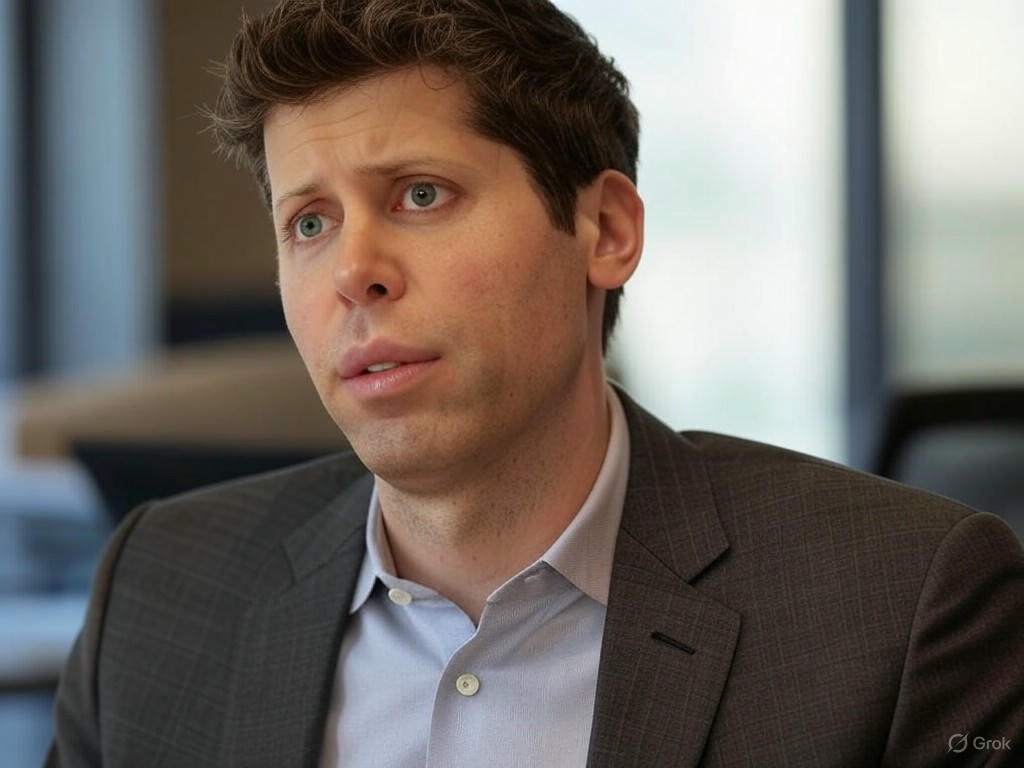In the fast-paced world of artificial intelligence, talent is the ultimate currency. Sam Altman, the visionary leader behind OpenAI, recently dropped a bombshell that has sent ripples through the tech industry. According to Altman, Meta, one of the giants in the big tech arena, has been aggressively trying to lure away his top employees with jaw-dropping offers reportedly exceeding $100 million. This revelation paints a vivid picture of the cutthroat competition in the AI sector, where companies are willing to shell out astronomical sums to secure the brightest minds.
The stakes couldn’t be higher as AI continues to reshape industries, from healthcare to finance. Altman’s comments shed light on the intense rivalry between OpenAI, known for its groundbreaking work in generative AI models, and Meta, which has been ramping up its own efforts to dominate the space. While Meta’s deep pockets and vast resources make it a formidable competitor, Altman expressed confidence in his team’s loyalty. He emphasized that, despite the lucrative offers, none of his core talent—those he considers the backbone of OpenAI’s innovation—have taken the bait. This steadfastness, he believes, speaks volumes about the culture and vision at OpenAI, where employees are driven by a shared mission to advance AI for the greater good rather than purely financial incentives.
This isn’t the first time tech giants have engaged in talent wars, but the scale of Meta’s alleged offers raises eyebrows. Industry insiders suggest that such aggressive poaching tactics could set a dangerous precedent, inflating compensation expectations and creating instability in the sector. Smaller startups and mid-sized firms, already struggling to compete with the financial firepower of companies like Meta, might find it even harder to retain talent. On the flip side, some argue that this competition could ultimately benefit employees, giving them unprecedented leverage to negotiate better pay and working conditions. However, for leaders like Altman, the focus remains on fostering a workplace where passion and purpose outweigh monetary temptation.
Beyond the immediate implications for OpenAI and Meta, this situation underscores a broader trend in the tech world: the race for AI supremacy is as much about people as it is about algorithms. As companies vie for dominance, the human capital behind these technologies becomes the most valuable asset. Altman’s revelation serves as a reminder that building a resilient team is just as critical as developing cutting-edge tools. While Meta’s strategy may not have succeeded in this instance, it signals an ongoing battle that could redefine how talent is valued in the industry.
As the dust settles on this latest chapter of the AI rivalry, one thing is clear—Sam Altman and OpenAI aren’t backing down. With their key players still on board, the company remains poised to push boundaries and challenge competitors. Meanwhile, the tech world watches closely, waiting to see if Meta will double down or if other players will join the fray in this high-stakes game of innovation and influence.
